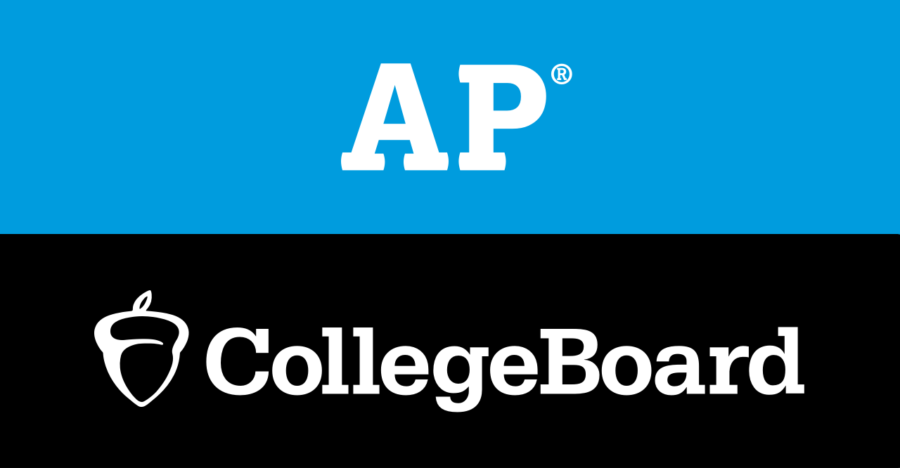AP Classes: What You Need To Know
The CollegeBoard oversees AP testing and runs the AP program used by students worldwide.
October 17, 2022
This fall, many students have taken upon the task of completing college-level classes, otherwise known as Advanced Placement (AP) classes. The desire for taking these courses comes from the fact that many want to get a head start for college and challenge themselves with advanced work. AP classes have been around since 1952 and can be found in more than 60 countries, making them a staple for any student looking to earn college credit!
AP assessments were first developed in reaction to the Cold War, as concerns that American students were falling behind their Soviet counterparts emerged. The academic program came out of a Ford Foundation-funded study of America’s top students. A survey of several prep schools exhibited that many exceptional high school students were prepared for college-level courses. This triggered the AP program for students willing to try an entirely new program that guaranteed a leg up for college. The program was introduced in 1952 with each test costing 10 dollars each and graded on a scale from 1-5. While the grading method remains the same, the price of each test ranges from 96-99 dollars for domestic students today. The question of why it even costs money to take the AP exam may arise, but the cost stands justified as it aids in college program applications. Although the cost may seem unreasonable now, taking the AP exam can save hundreds down the road when extra classes do not have to be taken in college due to the completion of an AP course and exam. While the class may be skipped and prepared for the AP test on one’s own initiative, it is strongly advised that the specific class is completed. AP classes are created exclusively to accommodate students in preparation for the AP exams. AP exams are typically tougher to complete on independent study without a teacher’s instruction, and the grade that is received in the class may be considered as a positive factor by colleges of a student’s selection.
AP classes have been proven beneficial as the coursework counts towards weighted GPAs. A weighted GPA accounts for the fact that AP students are taking more rigorous classes by “adding points” to your cumulative AP course mark. This is how some students successfully graduate from high school with a GPA higher than 4.0! Tiffany Oh (9) remarks, “Although AP classes are a challenge, I believe they give students a glimpse of how college classes might be. I think it will be really worth it down the line.” Overall, AP classes prepare students and allow students to earn college credit as a head start, as many YLHS students have taken advantage of for years.






































